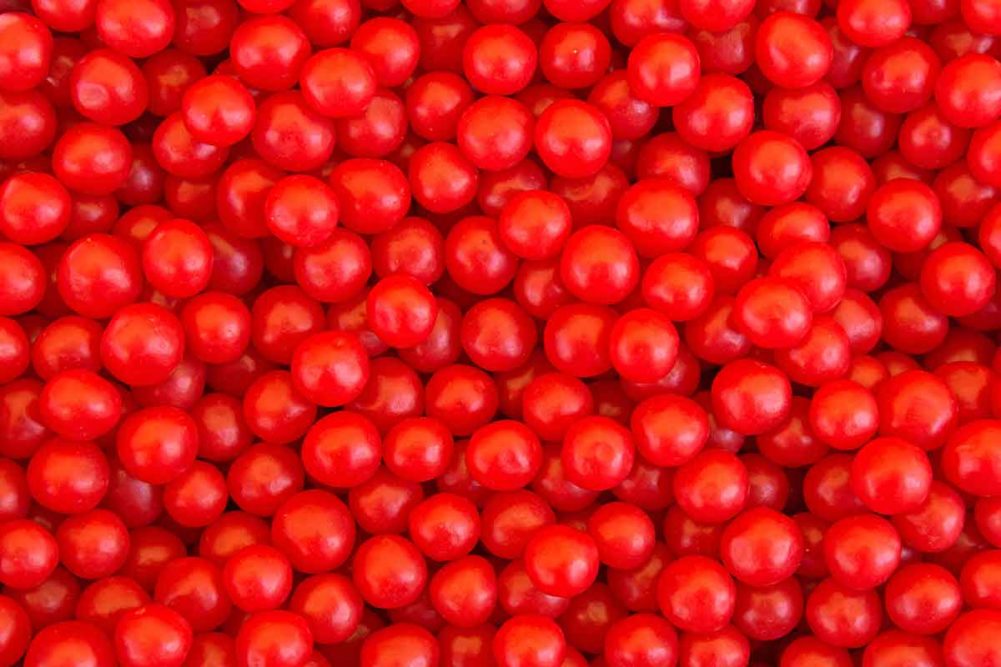SACRAMENTO, CALIF. — The legislature in California on Sept. 12 voted 65-6 in favor of the California Food Safety Act, which would ban the sale of food and drinks in California that contain Red No. 3, potassium bromate, brominated vegetable oil and propylparaben. If Governor Gavin Newsom signs the bill, it would go into effect Jan. 1, 2027.
Bill No. 418 originated in California’s House of Representatives and included the banning of titanium dioxide, but the Senate amended the bill and took out titanium dioxide.
The bill would prohibit a person or entity from manufacturing, selling, delivering, distributing, holding or offering for sale in commerce a food product for human consumption that contains any of the four substances. A violation would be punishable by a civil penalty not to exceed $5,000 for a first violation and not to exceed $10,000 for each subsequent.
The US Food and Drug Administration approves the use of all four ingredients in foods and beverages.
The bill recognized groups opposing it: the Consumer Brands Association, the International Association of Color Manufacturers, the National Confectioners Association and the American Bakers Association. The groups point out federal and state systems and many international scientific bodies have reviewed the four ingredients and deemed them to be safe, according to the bill.
No other color certified by the FDA provides the same pink shade as Red No. 3 and no other color can replace Red No. 3 effectively in products with long shelf life, according to the International Association of Color Manufacturers.
“No regulatory authority, including FDA, the European Food Safety Authority (EFSA) and the Joint FAO/WHO Expert Committee on Food Additives (JECFA), has found credible safety concerns with FD&C Red No. 3 and maintains it is safe for use in food,” the association said. “Actions like California’s AB 418 are not based on sound scientific assessments and undermine established regulations that have long ensured food safety. FDA is currently re-evaluating FD&C Red No. 3, and IACM supports its rigorous review process and
awaits any new evidence-backed conclusions from FDA and other leading regulatory bodies.”
Brominated vegetable oil often is used in fruit-flavored beverages, according to the FDA. Potassium bromate is an oxidizing agent used as a food additive, mainly in the bread-making process, and propylparaben is used as preservative in foods, and it also is found in water-based cosmetics, according to the National Institutes of Health.
According to the bill, the Office of Environmental Health Hazard Assessment (OEHHA) of the California Environmental Protection Agency evaluated seven synthetic food dyes over a two-year period and found consuming them can result in hyperactivity and other neurobehavioral problems in some children. According to the OEHHA, the percentage of American children and adolescents diagnosed with attention deficit/hyperactivity disorder (ADHD) over the past 20 years has increased to 10.2% from 6.1%.
Researchers also found the FDA’s acceptable daily intake (ADI) levels for synthetic food dyes were based on studies that are 35 to 70 years old and were not designed to detect the types of effects on behavior that have been observed in children.
The Center for Science in the Public Interest requested that the FDA remove Red No. 3 from the list of color additives approved for use in food and dietary supplements in a citizen petition sent to the FDA on Oct. 24, 2022. The CSPI pointed to studies showing Red No. 3 causes cancer in rats.


